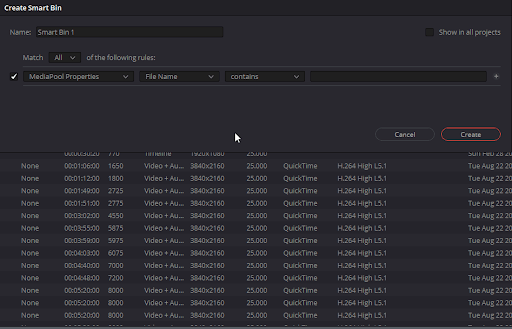You may not be aware of the power of residential proxies, but with the online world leaving more people susceptible to privacy and security issues, the residential proxy may be on its way to becoming standard. A smart proxy acts as an intermediary for users between themselves and the websites they visit. It provides the user with an IP address that differs from their own — essentially masking the user’s actual IP — allowing them to secure connections, bypass geographical restrictions, and access more content.
For residential users who would like to enhance their online experience, smart proxies may be exactly what they need. The impact of these proxies can be substantial, with increased access and faster speeds, along with safer web usage. Smart proxies are easier to use than residential users may believe and can create a smoother online experience overall.
My company, Rayobyte, began as a blazing-fast proxy provider for SEO purposes (aptly named Blazing SEO). We are now expanding to include proxy services to mobile proxies, rotating ISP proxies, and residential proxies. I had a long history of web scraping experience, a space where proxies are regularly employed, and used my years of experience to inform the foundation of my company.
Smart proxy benefits
Smart proxies have been a tool of the IT trade for some time. The simplicity of their use has allowed people to apply them for better security and better access to certain sites, but I have had run-ins with less-than-legitimate use of proxies.
Though proxies can be used for illicit means by unscrupulous people, they still have legitimate utility. Most proxy users have a legitimate application for them, and Rayobyte has stressed their ethical use of proxies for their clients.
Internet privacy is a significant concern these days. ISPs, corporations, the government, and nearly every website out there are keen to track and gather data on their visitors and users. With a smart proxy working as a middleman, residential users can protect their data and themselves. Users can go completely incognito with high anonymity proxies, which completely block all IP information from servers, or use anonymous proxies, which — while obscuring the IP address — are still pinpointed as proxies.
The type of proxy a user chooses depends on their intended use. For most people, anonymous proxies will suffice for their needs. However, some websites have grown wise to these proxies and block them. If more access is needed, then the high-anonymity proxies get the job done.
Proxies can also protect against cyber attacks since they obscure the user’s IP address. This is great for protecting personal data and information from hackers because, if a residential user needs to transfer data safely, a proxy can provide the protection they need.
Proxies also provide better internet access for users. Many countries will limit access to certain sites for various reasons. If one is using an IP address from a country without these limitations, one could gain access to this limited content.
This is useful for citizens of countries that restrict dissemination of information or news, as this keeps them informed, but still gives them a workaround and makes them undetectable. Accessibility can also be improved for those working within communal landscapes, such as school systems, where firewalls limit access to certain sites.
The evolution of proxy technology
Proxies were originally developed for website caching. Developers saw the early benefits of proxy use and began to devote time and energy to improving proxies and widening their utility.
As technology has evolved, so have proxies. First-generation proxies — while they still exist in some capacity — pale in comparison to the lightning-fast beasts of today.
Experts trace the first proxies to the 1970s, sharing space on the timeline with the first computer network. While old proxy servers were simple and shared single connections, contemporary smart proxies are complex and offer superior safety and performance.
As innovators continue to work to improve smart proxy technology, the use cases for proxies and their speed, agility, and what they can offer users will only evolve for the better.
Today, the industry is trending upward. More people adopting smart proxies for a variety of reasons, from SEO to data collection or security. Datacenter and residential proxies remain the most popular types and businesses have been using proxies primarily for e-commerce data collection, monitoring market performance, and tightened security.
Freedom to roam safely
The internet is vast, and sometimes it can be frustrating to navigate. Ads, hackers, and censorship all greatly impact the good that can be found on the internet. Ethical proxy use is not an oxymoron, and Rayobyte is leading the way within the smart proxy space with ethics at the forefront.
I am confident that Rayobyte’s customer-focused mindset will help us disrupt the proxy industry. It’s all about how reliably you can provide results for your customers. We go above and beyond to set our customers up with what we know are the best mix of proxies for their use case because ultimately we’re the experts.”
Neil Emeigh is a contributor to Grit Daily. In 2013 he was starting his own data scraping enterprise when he found himself frustrated with the low quality of proxies on offer. He figured he could do better, and sure enough, his basement-based one-man proxy operation grew into Rayobyte SEO, the largest US-based proxy provider and a 2022 Proxyway Contender of the Year, recognized for its ethical approach and its high-quality data center proxies. Neil remains an expert in the field of proxies and scraping and loves sharing his passion for ethical data acquisition and usage in a world where these are too often seen as impossible to reconcile.
Credit: Source link


Comments are closed.